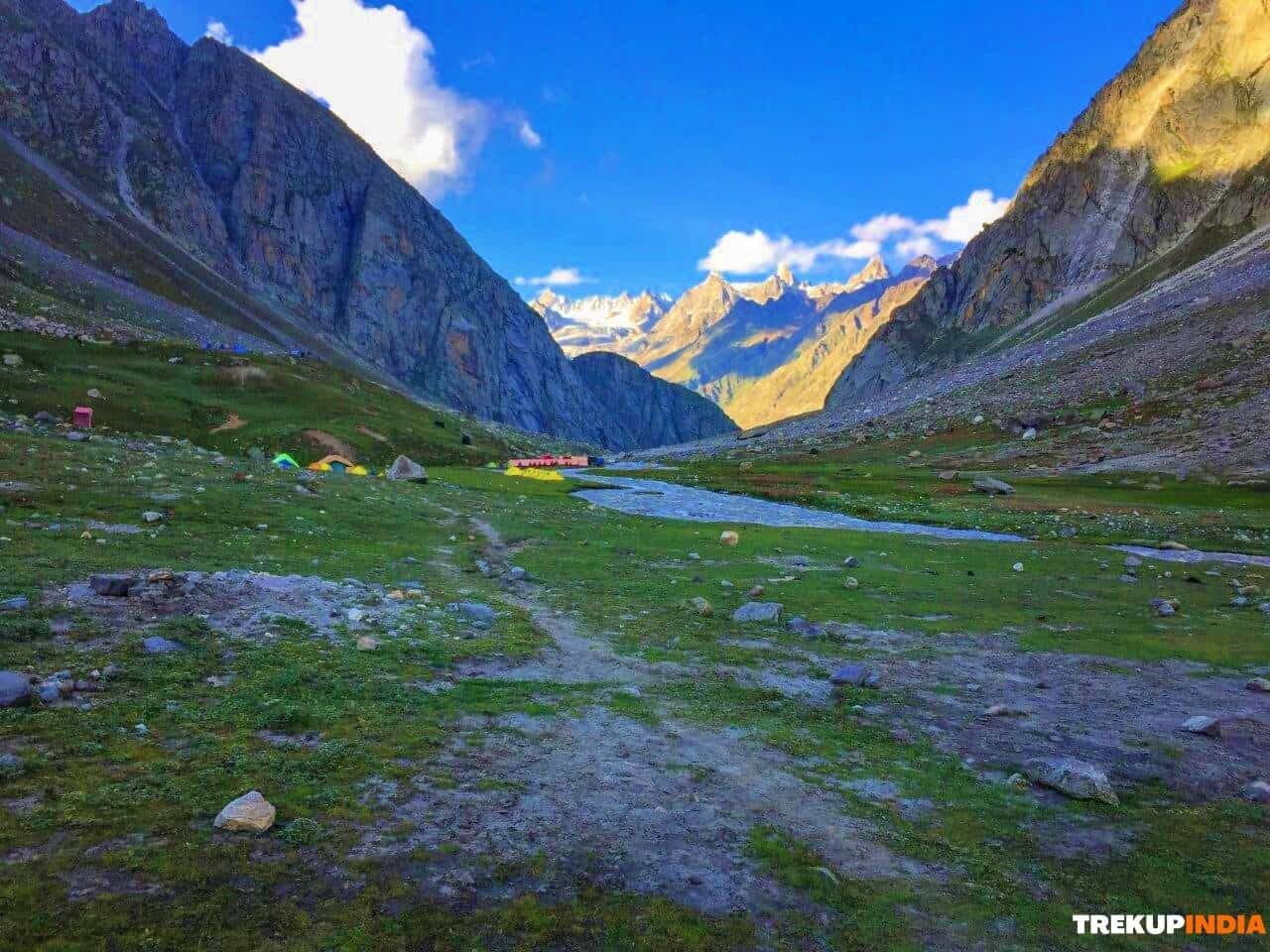Bekal Beach Trek
Bekal Beach Trek
| Region: | Bangalore |
| Duration: | 2 Day |
| Trek grade: | Easy |
| Maximum altitude: | 12,200 ft |
| Best Time to Visit: | Nov – Jan |
Bekal is situated 400 kilometers away from Bangalore along the Panvel to Cochin highway. It is also easy to access via Mangalore or Kasargod. KSRTC is unable to provide buses that go to Kasargod. Instead, you can reach Mangalore using any method and then catch a bus for Kasargod located 49 kilometers away. All buses headed towards Cochin arrive at Bekal. You will be dropped off at Bekal Fort. Bekal Fort stop.The best time to trek this route is during the months of November through March, when humidity is at its lowest.
The reason Bekal Beach trek compares with the top beaches in India
- This is a beach that is not explored. walk along the beach with its sand shores of the Lakshwadweep Sea.
- While trekking through the forest, you’ll pass by an iconic seaside fort, where filming is done and a small fishing village with a distinct style of life. You swim through the backwaters and climb up hillocks. You walk under coconut trees, and finish the hike in a place in the evening where the sun is magnificently reflected over palms.
- There are a variety of calm water pools to swim in, as well as places where the tall Casuarina trees tower across the beach. If you’re looking for an adventure to last a day, The Bekal Beach Trek is complete.
- Location: Kasaragod, Kerala.
- Time:1 Day, two nights for travel to and from Bangalore
- Altitude: Sea level
The Seasons It is winter that’s the most suitable time to go on this beach walk. ( Nov – Jan )
Terrain The trek begins at Bekal Fort. The route follows beaches, the backwaters, and a fishing village.The Bekal Beach trek compares with the top trekking on beaches of India. The variety is apparent in this hike.
The trekker travels through a famous fort on the sea in which film productions are filmed, as well as a small fishing village with an unique tradition. The trekkers swim through the backwaters on foot, climb up hills, walk through coconut trees and then end the hike at a point in the evening where the sun is magnificently reflected over palms. There are swimming waters that are calm and places where tall Casuarina trees hang over the shore. Beaches that look like crescents that are uninhabited extend out to the edge of the horizon. To make for a great day of adventure, this Bekal Beach Trek is complete.
Want To Trek Like Pro?
Check out the following videos if you want to trek like a pro trekker and improve your skills. These videos contain helpful tips, tricks, and techniques to help you trek like a pro. Whether you’re a beginner or an experienced trekker, these videos can provide valuable insights to enhance your trekking experience. So, watch the videos below by Trekup India experts to take your trekking skills to the next level.







Know Everything About Acute Mountain Sickness
Acute Mountain Sickness is a medical condition that can occur when individuals travel to high altitudes, typically above 8,000 feet. It is caused by the decrease in air pressure and oxygen levels in the air as altitude increases. Symptoms of Acute Mountain Sickness may include headache, nausea, vomiting, dizziness, and difficulty sleeping. To avoid Acute Mountain Sickness, it is important to gradually adjust to high altitudes and seek medical attention if symptoms worsen. To learn more about this condition, check out the videos by Trekup India.









